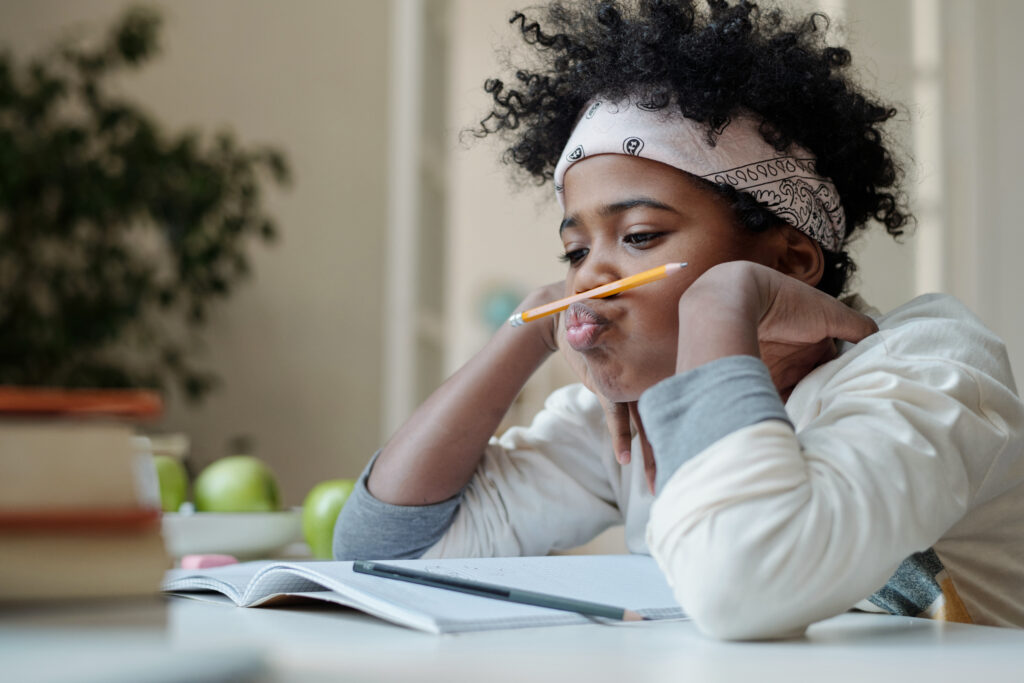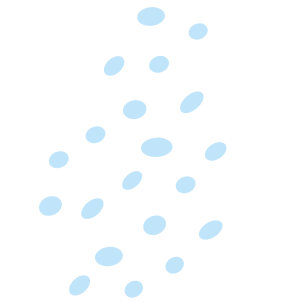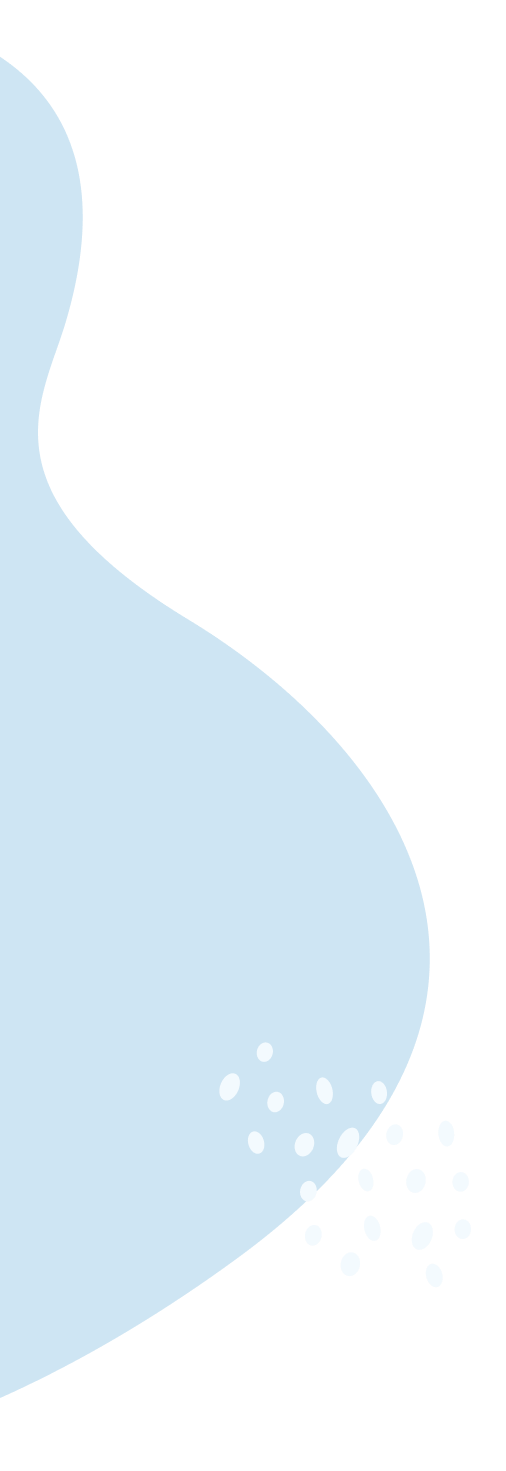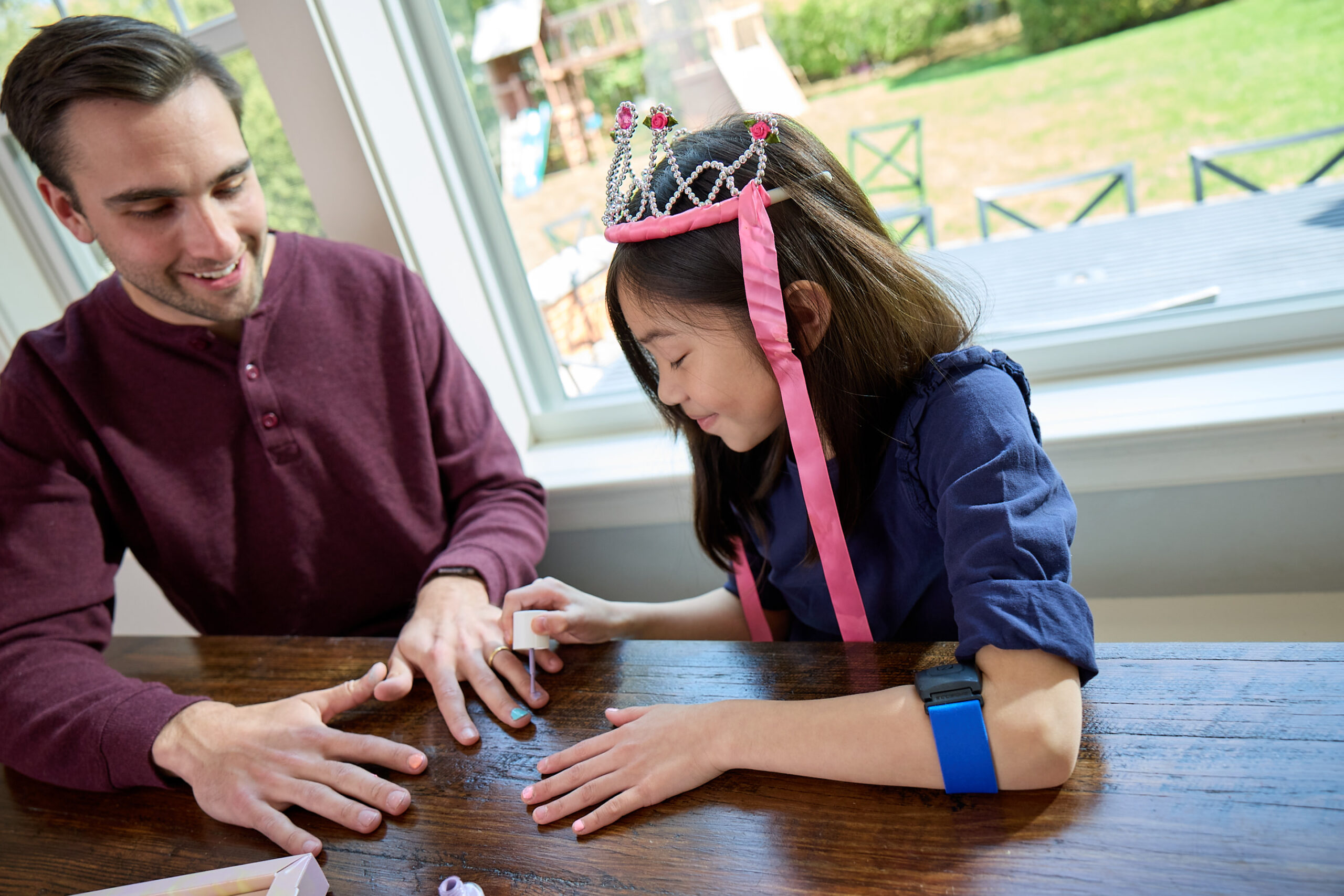
Have you ever started on a task and a few minutes in…
What am I making for dinner? Who’s picking up the kids today? I need to move the clothes over to the dryer. I have to pick up a gift for that birthday party. I think I need a snack. Did I get an email confirmation for that flight I booked last week?
What was I working on, again?
We all get distracted. Our focus can be pulled in various directions by things that catch our attention, feel more important, or are more interesting. Focus is even more difficult for children, whose attention spans are naturally shorter than adults because their brains are still developing. This can be helpful to consider when you’re on your third reminder to your child to finish their homework or clean their room.
Now add ADHD into the mix
While all children are still developing their ability to stay on-task, for a child with ADHD, this skill is even more challenging. The prefrontal cortex develops more slowly in individuals with ADHD, and it is believed that the cerebellum, hippocampus, and amygdala are smaller. These areas of the brain are heavily tied to executive functions that help us do things like manage time, regulate emotion and behavior, and ignore distractions. Consequently, people with ADHD have a harder time with attention control, which is the ability to choose what to pay attention to and concentrate on that thing.
The ADHD brain also craves activities and information that are stimulating, rewarding, and novel. Why? New, novel, and exciting situations lead to a release of dopamine, creating a cycle of the brain naturally being drawn to the things that feel interesting. We all function in this way to some extent, but for those with ADHD it’s a cognitive force that can be hard to redirect toward things that feel less interesting.
What this looks like
ADHD can affect children in a variety of ways, some of which you may have experienced with your child. They may have difficulty:
- Paying attention to a lesson at school
- Filtering out loud noises
- Moving forward from a hurtful situation
- Regulating in high-sensory environments
- Coming down from an intense emotion
So as a parent, how can you help?
Remember: This isn’t about oppositionality or laziness
It’s important to remember that your child’s difficulties with focusing are not a choice or simply oppositional behavior. Their challenges with focusing are not due to a lack of trying or caring. Nonetheless, moments of distraction may still be frustrating for you, and that’s normal. These things are likely frustrating for your child, too! Together, you and your child can grow to understand exactly how their brain works, and gain strategies to help them focus their attention in the way that works best for them.
Practice focus with attention-holding activities
Your child can learn how to hold attention. Their brain may function differently, but children with ADHD are fully capable of learning how to increase focus and decrease distraction through simple exercises – and have fun doing it! Check out these Mightier games and activities you can play with your child to take their focus to the next level.
How Mightier helps kids with ADHD
ADHD directly impacts how a child experiences, processes, and reacts to their emotions. Luckily, Mightier’s biofeedback video games are clinically validated to help children with ADHD build stronger emotional regulation skills. Learn more about how Mightier helps kids with ADHD here: https://mightier.site/adhd/
About the Author
Jessica Ragnio, MSW, LICSW has a passion for understanding families’ emotional needs, expanding mental health literacy, and turning evidence-based therapeutic approaches into playful, accessible and engaging forms of content. As the Clinical Director at Mightier, Jessica specializes in clinical content strategy and development, qualitative research, and family programming. Prior to Mightier, Jessica worked with neurodivergent children in school and group counseling settings, with teens and adults in inpatient psychiatry settings, and delivered outpatient therapy to adults struggling with anxiety and depression. Jessica received a Master’s degree in Clinical Social Work from the Boston College Graduate School of Social Work and is mother to twin daughters.


















